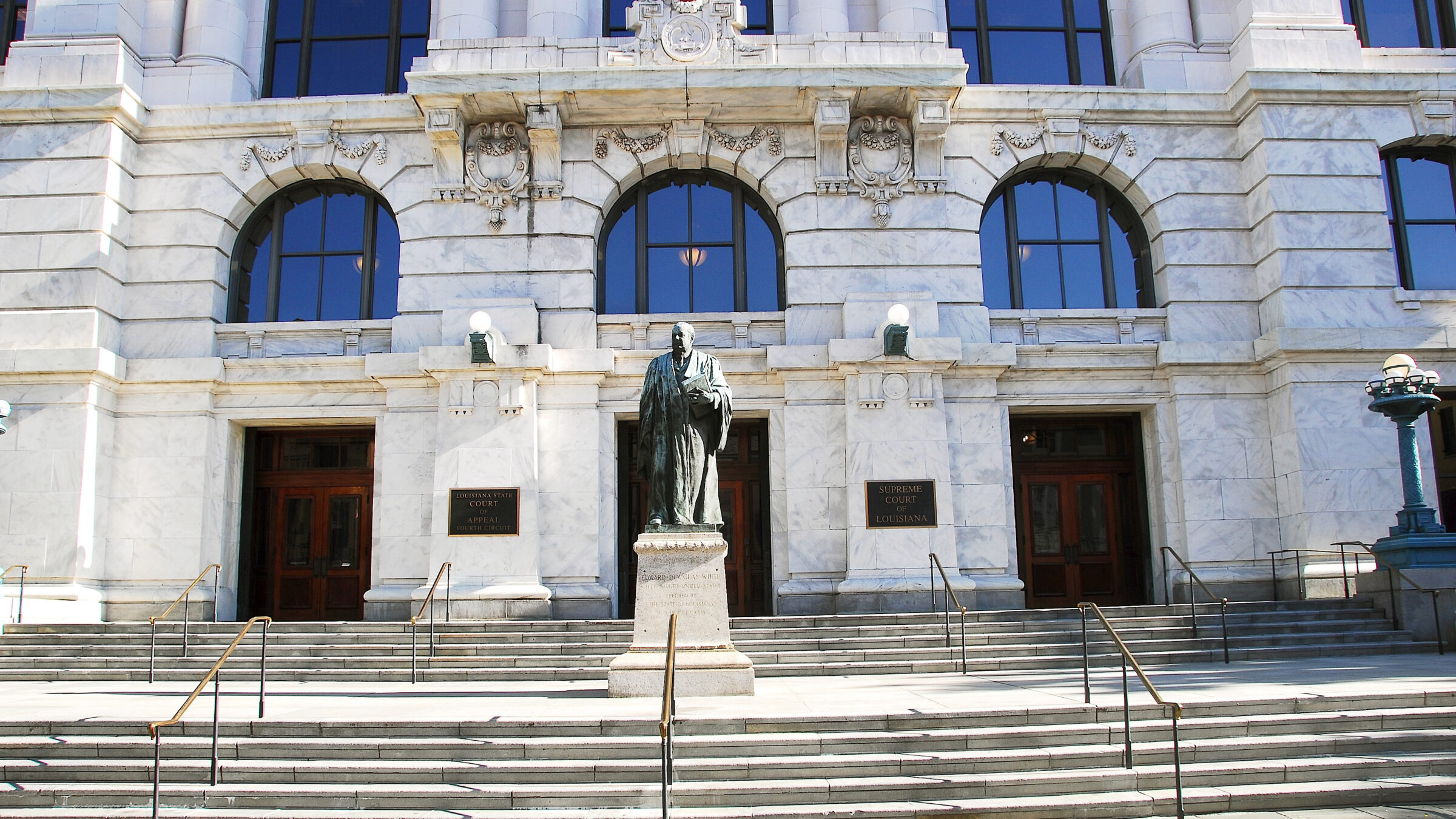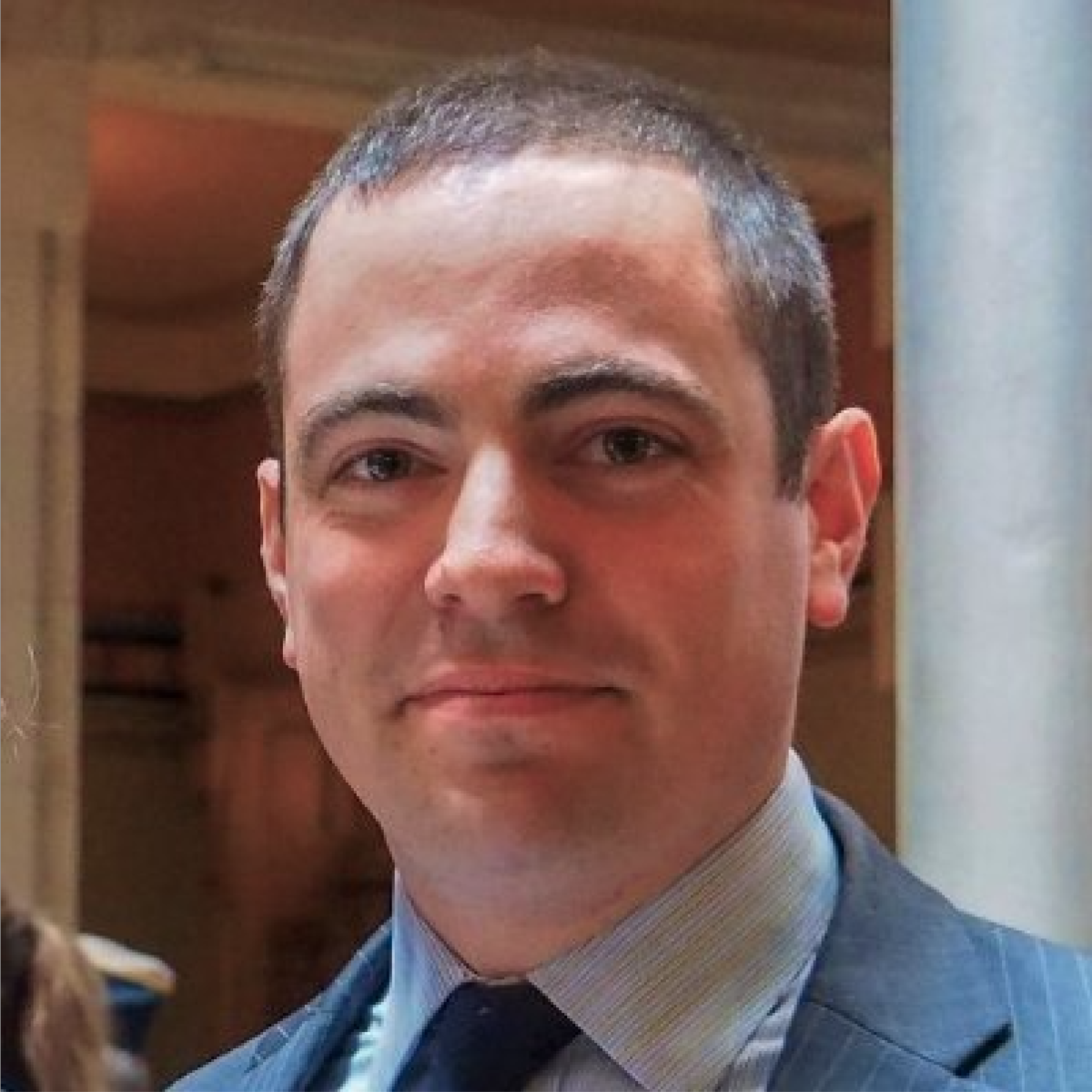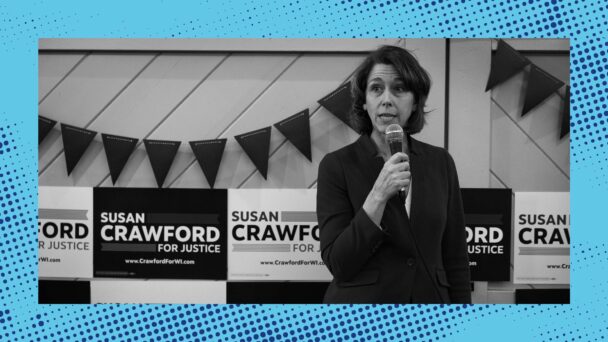Update: On May 10, 2024, the Louisiana Supreme Court announced it will reconsider its ruling in this case.
When you think of the Due Process Clause of the Constitution, which says that no one shall be “deprived of life, liberty or property without due process of law,” what rights do you imagine this language protecting? Perhaps the right not to be imprisoned by the government without a fair trial, or the right to be free of unjustified police confiscations of your belongings. According to a 4-3 Louisiana Supreme Court majority in Bienvenu v. Diocese of Lafayette, though, a due process right you may have failed to consider is the right of priests and their enablers not to be held accountable by victims of their sexual abuse.
Over the course of years in the 1970s, several boys between the ages of eight and fourteen in St. Martinville, Louisiana, were repeatedly sexually assaulted by their parish priest, suffering serious physical and emotional trauma. Like most child sexual abuse survivors, they did not disclose the abuse until they were in their fifties and sixties. Recognizing the developmental and emotional difficulties preventing survivors from disclosing childhood abuse, in 2021, the Louisiana legislature unanimously passed the Louisiana Child Victims Act, which provided a three-year “look-back window” allowing survivors to file lawsuits that would otherwise be barred by the statute of limitations. The law, versions of which have been passed in about half of states, finally allowed the St. Martinville survivors to sue the church and diocese that harbored their abuser.
Enter the Louisiana Supreme Court. In an opinion written by Justice James Genovese and published on March 22, the court found an absolute property right in the institutions’ right not to be sued. The Louisiana Child Victims Act, wrote Genovese, “cannot be retroactively applied to revive plaintiffs’ prescribed causes of action,” since that would “divest defendants of their vested right to plead prescription”—to defend themselves by asserting that the statute of limitations had run. The decision essentially strikes down the look-back window, leaving survivors once again powerless to hold their abusers accountable. It is a harrowing example of the legal system’s ability to obscure the nature of disputes and turn survivors’ real-life trauma into euphemistic abstractions, while at the same time protecting powerful institutions in the name of otherwise ephemeral property rights.

(Photo by: Isabella Pino/REDA&CO/Universal Images Group via Getty Images)
The due process clause—both the one in the U.S. Constitution and an identical version in the Louisiana Constitution—are important limits on the government’s ability to intrude on the rights of ordinary residents. However, the Louisiana Supreme Court’s application of the concept to sexual abusers stretches the idea of property rights to its breaking point, while also ignoring the word from which the Clause derives its name: rights cannot be abridged without due process of law. As the dissent points out, the majority’s treatment of an absolute property right to immunity from civil liability elevates that procedural right above other, fundamental rights—like, say, not being sexually abused by an adult in a position of public trust.
Barring a constitutional violation, Louisiana allows for retroactive application of laws so long as the legislature clearly states that intention, which it did when passing the Louisiana Child Victims Act. Where the court drops the ball is in its constitutional analysis. As the dissent points out, in the typical due process case, courts conduct a two-step analysis, first identifying whether the government action abridged a protected right, and then whether it provided sufficient due process. Here, the court recognized a priest’s step-one right to not be sued by a sexual assault survivor if they take too long to file. But when evaluating laws like this one—”social welfare legislation” that does not implicate fundamental rights—courts are supposed to uphold the law if it is “rationally related to a legitimate government interest.”
Rather than grappling with this question, the court instead spends most of its time discussing the concept of “accrued prescription,” which gives defendants in civil suits an “accrued, vested right” to defend themselves against claims brought after the statutes of limitations have expired. In doing so, as the dissent from Chief Justice John Weimer puts it, the majority “essentially elevates vested property rights (which are purely economic rights) above all other rights, including such fundamental rights as the rights to privacy, to free speech, and to freedom of religion and from racial discrimination.”
The justices in the majority also spend considerable time talking about the how the law is unfair to defendants. As a concurring opinion put it, the look-back window creates a “quagmire…for defendants who will be faced with having to mount a defense after so much time has elapsed.” The problem with this reasoning is that plaintiffs find themselves in the same “quagmire.” But survivors generally only have their own word to go on, while perpetrators and the institutions protecting them circle the wagons.
I write from experience here: I was sexually assaulted by a priest at my Catholic school when I was six years old. Even with the benefit of learning from others who have spoken out about the abuse they endured, it took me until I was in my thirties to acknowledge what had happened to me. One of the most common symptoms of sexual assault related PTSD is avoidance. I didn’t tell a single person that I was assaulted after it happened, and I never even acknowledged it to myself until I had been in therapy for a decade.
Since being assaulted, I have lived with the (unearned) shame over what happened, and struggled with severe trust issues that often keep me from seeking help. Like the plaintiffs in Bienvenu, I was not this priest’s only victim, but he and the church benefitted from the silencing effects of our trauma and escaped accountability for decades. In a system already stacked against survivors, the court’s idea that this law created too many problems for perpetrators is ridiculous.
As a result of the decision in Bienvenu, many older survivors, who grew up in communities where priests were adored and the epidemic of clergy sexual assault had not yet been exposed, have no options for seeking justice. That the real-life consequences of a legal decision are covered up in this way is nothing new, but the contrast between the concrete harms the court dismisses and the abstract “loss of property” faced by the church for losing out on a statute of limitations is particularly galling.
The legal system promises to protect people from those who would abuse power and cause harm. But as conservative weirdos happily remind us, our wealthy, often slaveholding founders built a large part of the country’s foundation on individual property rights. Thankfully for the Catholic church and abusers in Louisiana, the court is still carrying on that legacy and making sure that institutional power and property have nothing to fear from something as minor as facilitating the sexual assault of children.




